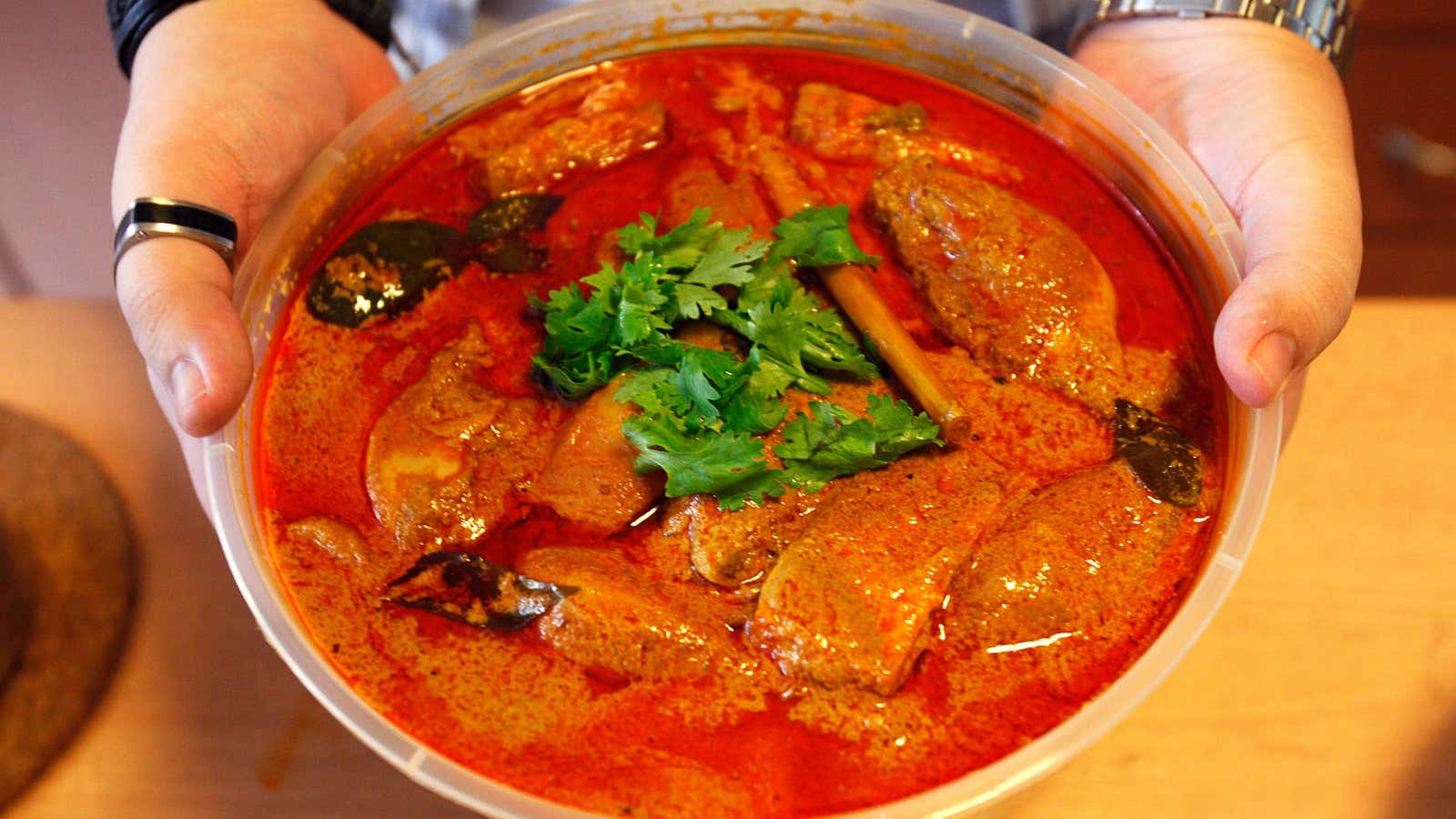One of India’s oldest food-technology ventures is trimming itself at a time when a younger cash-rich rival giving it a run for its money.
On March 04, Gurugram-based Zomato sold its business in the United Arab Emirates (UAE) to Germany’s Delivery Hero Group for around $172 million (Rs1,220 crore).
The deal will not only give Zomato fresh capital to invest in more lucrative areas but also let it focus more on India.
“The funding and sale will give a much-needed breather to Zomato. Swiggy has been extremely active since last year and is threatening to disrupt the entire sector with new services and interesting acquisitions. The new cash will give some amount of leverage to Zomato to fight back,” said Neil Shah, research director at Counterpoint Research.
The UAE was Zomato’s first global foray, way back in 2012. The restaurant guide and online food-ordering company also launched its premium service, Zomato Gold, in the UAE in 2017. And the UAE is not the first market that Zomato exited. In 2016, it scaled back from nine international markets and four Indian cities to reserve cash.
Retaining control
The deal with Delivery Hero does not mean Zomato will exit the UAE completely. While Delivery Hero will own the business, Zomato will continue to operate it.
In addition, Delivery Hero has made an equity investment of $50 million in Zomato. Incidentally, South African investor Naspers, which backs Delivery Hero, is also the largest stakeholder in Swiggy.
For Delivery Hero, this is the second outing in India. In 2014, the company exited the country after selling its stake in Pune-based TastyKhana to Foodpanda. It sold off its remaining 1% stake in Foodpanda in 2017 when Ola acquired Foodpanda.
“Zomato has built a successful food-delivery business in the UAE and India on the back of its restaurant search and discovery app and website,” Niklas Östberg, CEO of Delivery Hero, said in a statement. “The acquisition will allow us to further improve our service to customers in the UAE. We are also excited to become a shareholder in Zomato’s rapid food-delivery growth story in India and share our learnings.”
Bulking up
Zomato was founded in 2008 but entered food delivery only in 2015, two years after Swiggy was launched. Meanwhile, five-year-old Swiggy has emerged a leader in the space, cementing its position with a $1 billion funding in December 2018.
Lately, the battle has come down to investing in technology to create new revenue streams. “Both the companies are now present in the major cities. Now the gameplay is to go deeper into new markets and services. Although the cities and towns beyond the markets they are already present in could be difficult because of limited restaurants and mellow food culture,” said Rohan Agarwal, head of food tech at RedSeer Consulting.
Zomato recently entered supply-chain operations with the launch of its HyperPure warehouse in Bengaluru. The 30,000 sq ft warehouse will allow the company to supply fresh produce to 2,500 restaurants. The company also announced that it had introduced electric and mechanical bicycles as part of its last-mile delivery fleet.
In December 2018, Zomato acquired Lucknow-based TechEagle Innovations, which works exclusively on drones. With this acquisition, the company aimed to use a multi-rotor drone for hub-to-hub deliveries.
Meanwhile, rival Swiggy, which became a unicorn (a startup valued at over $1 billion) just last year, has shot past Zomato to become India’s most-valued food-tech startup. Swiggy has also been spending its money wisely. In February, it acquired artificial intelligence startup Kint.io, which applies deep learning and computer vision for object recognition in videos. This will help enhance Swiggy’s customer experience as object recognition can be applied to the discovery of restaurants using images and recommendations based on image search.
Swiggy also acquired on-demand delivery startup Scootsy and milk-delivery startup SuprDaily last year to launch micro-delivery of staples. In December 2017, it bought 48East to strengthen its supply capabilities.
Now, Swiggy is the fifth most valued startup in India, analysts said.
